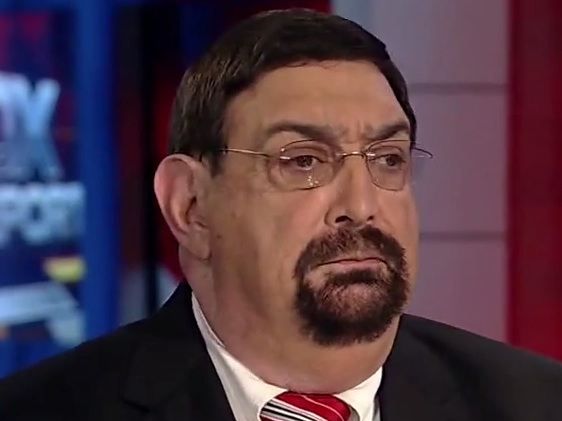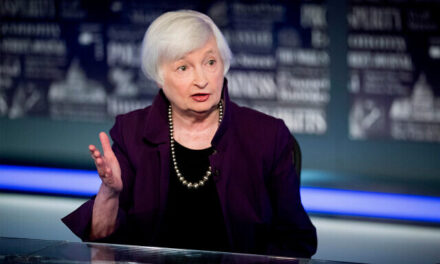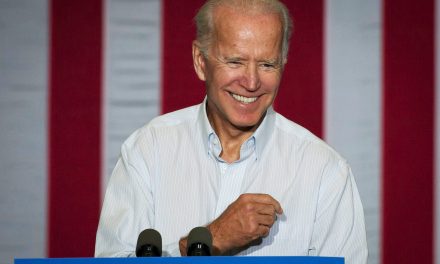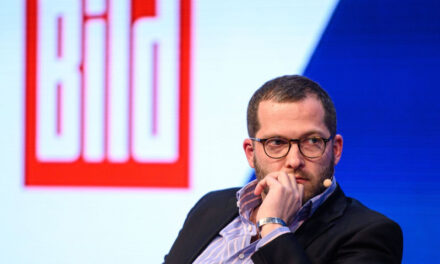Patrick Caddell had a stroke and died last weekend. He was 68 years old, and if you are young enough and don’t watch Fox News, it’s quite possible that you have no idea who he was. Among other things, if they ever open a hall of fame for political pollsters and consultants, he’ll be elected on the first ballot. When he was still an undergraduate at Harvard, George McGovern hired him and utilized his polling information to successfully buck the Democratic Establishment and secure the party’s presidential nomination in 1972. If you’ve read Hunter S. Thompson’s Fear & Loathing on the Campaign Trail, you encountered Caddell there as the “whiz kid.”
In the general election against Richard Nixon, McGovern flamed out in spectacular fashion, but Caddell emerged as a hot commodity. A relatively unknown governor and peanut farmer from Georgia hired him for his 1976 bid for the presidency, and when Jimmy Carter won, his campaign manager Hamilton Jordan told the press, “You know why Jimmy Carter is going to be president? Because of Pat Caddell — it’s all because of Pat Caddell.”
He followed Carter into the White House where he had tremendous influence. For the 1984 campaign, he was hired by Gary Hart and helped shape his image as a fresh face and political outsider in contrast to former vice-president Walter Mondale. For 1988, he signed on with Joe Biden, which was quite a coup for the still-young Delaware senator. He followed that up by working with California’s Jerry Brown in 1992.
This was the heyday of Caddell’s career, which coincided with very difficult times for the Democratic Party. He represented upstarts and long-shots, and he did better than most Democratic consultants of that era. With the exception of Biden’s campaign, which flamed out due to both self-inflicted injuries and a major health scare, Caddell’s clients did much better than anyone expected. But that does not mean that he was universally admired.
By 1987, his preference for style over substance had become grating enough to inspire our now-editor in chief Paul Glastris to include him on a Washington Monthly list of Five Washington Insiders the Next Democratic President Shouldn’t Hire.
…Caddell knows how to win elections—he helped George McGovern, Jimmy Carter, and Gary Hart stun political pundits. Caddell has shown brilliance in analyzing the Democratic party’s problems. He saw the need to come up with a “better approach for the Democratic party than constantly trying to glue together another version of the New Deal coalition every four years,” as John McEvoy, a Hart adviser and Caddell fan, puts it.
But there is an aspect to his thinking that is bad not only for his candidates but for governance. Caddell believes the key to winning contemporary elections is appealing to “alienated” voters—that ever-growing group of mostly younger voters who are not easily identified as liberal or conservative and don’t trust government, politicians, or the parties. You can’t lure these voters with programs and stands on specific issues, so the theory goes. Rather, you must remain as uncommitted as they are. You lure them by attacking that which caused their alienation: the Establishment.
Caddell didn’t limit his aversion to policy to the campaign trail. After Jimmy Carter was elected but before he was inaugurated, Caddell wrote a 56-page memo for the president-elect. He advised Carter to focus on his image: “Too many good people have been beaten because they tried to substitute substance for style.” Perhaps for a wonky politician like Carter this was an effort at balance, but the strategy back-fired on Gary Hart. Here’s how Glastis described the problem in his 1987 piece, including a reference to Walter Mondale’s extremely effective allusion to a popular Wendy’s commercial that was running at the time:
Caddell understands polling, public opinion, and campaigning, but his knowledge of and interest in government is scant. As a result, Gary Hart, a man with at least some substantial views on major issues, became, under Caddell’s control, open to the charge, “Where’s the beef?” A good bit of beef was there; Caddell simply had no urge or facility for conveying it. He helped express only that part of Hart’s appeal he understood and thought was important—his youth, newness and independence from “the failed politics of the past.”
For Glastris, this kind of style-over-substance was dangerous for Democrats.
Promising disaffected voters…something you can’t deliver is more than just cynical, it’s reckless…Just suppose Biden picks up in the polls and wins the election thanks to Caddell’s strategy. Having failed to offer alternative views and positions, Biden, like Carter but unlike Reagan, will arrive in office with no mandate to do anything in particular except maintain his popularity in the polls—a job for which he would need the assistance, obviously, of Pat Caddell.
Caddell never succeeded in electing another Democratic president after Carter, but he did play a role in helping Donald Trump get elected.
Last month, when President Donald Trump toured a Boeing aircraft plant in North Charleston, South Carolina, he saw a familiar face in the crowd that greeted him: Patrick Caddell, a former Democratic political operative and pollster who, for forty-five years, has been prodding insurgent Presidential candidates to attack the Washington establishment…
…In recent years, Caddell has offered political advice to Trump. He has not worked directly for the President, but at least as far back as 2013 he has been a contractor for one of Trump’s biggest financial backers: Robert Mercer, a reclusive Long Island hedge-fund manager, who has become a major force behind the Trump Presidency.
During the past decade, Mercer, who is seventy, has funded an array of political projects that helped pave the way for Trump’s rise. Among these efforts was public-opinion research, conducted by Caddell, showing that political conditions in America were increasingly ripe for an outsider candidate to take the White House.
Caddell was a two-trick pony. His candidates ran campaigns light on substance and heavy on cynical attacks on the Establishment. It’s not hard to understand why attacking the Establishment seemed like an evergreen strategy to Caddell. Throughout his entire career, conditions for American workers deteriorated with every presidential cycle. Yet, with our current president, we finally see a kind of triumph of Caddellism. It’s a political philosophy so devoid of values that it can serve a McGovern or Carter and then be utilized without many edits to elect a Donald Trump.
Just as Glastris worried might happen with Joe Biden back in 1987, Trump was elected with a nebulous mandate to disrupt and drive change, but premised on unrealistic promises and unarticulated plans. It was, and is, a recipe for disappointment.
Pat Caddell still belongs in the Hall of Fame, but his record isn’t one future pollsters and consultants should follow. He catered to the disaffected but his main accomplishment has been to increase their number.






